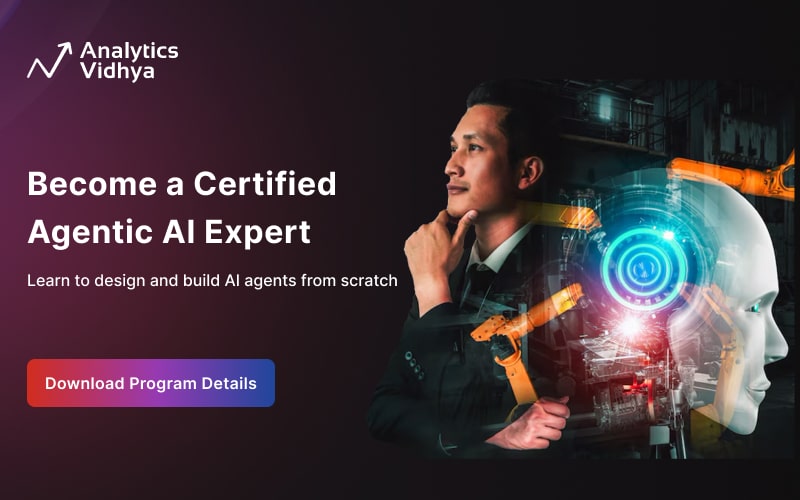A major change is underway at OpenAI, the trailblazing artificial intelligence company that introduced the world to generative AI through innovations like ChatGPT. In a recent announcement on LinkedIn, Dave Willner, the head of trust and safety at OpenAI, revealed that he has stepped down from his role and will now serve in an advisory capacity. This departure comes at a crucial time when questions about the regulation and impact of generative AI are gaining traction. Let’s delve into the implications of Dave Willner’s departure and the challenges faced by OpenAI and the wider AI industry in ensuring trust and safety.
Also Read: Google Rolls Out SAIF Framework to Make AI Models Safer

A Shift in Leadership
After a commendable one and a half years in his position, Dave Willner has decided to move on from his role as the head of trust and safety at OpenAI. He stated that his decision was driven by the desire to spend more time with his young family. OpenAI, in response, expressed gratitude for his contributions and stated that they are actively seeking a replacement. During this transition, the responsibility will be managed by OpenAI’s CTO, Mira Murati, on an interim basis.

Trust and Safety in Generative AI
The rise of generative AI platforms has led to both excitement and concern. These platforms can rapidly produce text, images, music, and more based on simple user prompts. Still, they also raise important questions about how to regulate such technology and mitigate potentially harmful impacts. Trust and safety have become integral aspects of the discussions surrounding AI.
Also Read: Hope, Fear, and AI: The Latest Findings on Consumer Attitudes Towards AI Tools
OpenAI’s Commitment to Safety and Transparency
In light of these concerns, OpenAI’s president, Greg Brockman, is scheduled to appear at the White House alongside executives from prominent tech companies to endorse voluntary commitments toward shared safety and transparency goals. This proactive approach comes ahead of an AI executive order currently in development. OpenAI recognizes the importance of addressing these issues collectively.
Also Read: OpenAI Introducing Super Alignment: Paving the Way for Safe and Aligned AI

High-Intensity Phase After ChatGPT Launch
Dave Willner’s LinkedIn post about his departure does not directly reference OpenAI’s forthcoming initiatives. Instead, he focuses on the high-intensity phase his job entered after the launch of ChatGPT. As one of the pioneers in the AI field, he expresses pride in the team’s accomplishments during his time at OpenAI.
Also Read: ChatGPT Makes Laws to Regulate Itself
A Background of Trust and Safety Expertise
Dave Willner brings a wealth of experience in the trust and safety domain to OpenAI. Before joining the company, he held significant roles at Facebook and Airbnb, leading trust and safety teams. At Facebook, he played a crucial role in establishing the company’s initial community standards position, shaping its approach to content moderation and freedom of speech.
Also Read: OpenAI and DeepMind Collaborate with UK Government to Advance AI Safety and Research

The Growing Urgency for AI Regulation
While his tenure at OpenAI has been relatively short, Willner’s impact has been significant. His expertise was enlisted to ensure the responsible use of OpenAI’s image generator, DALL-E, and prevent misuse, such as creating generative AI child pornography. However, experts warn that time is of the essence, and the industry needs robust policies and regulations urgently to address potential misuse and harmful applications of generative AI.
Also Read: EU’s AI Act to Set Global Standard in AI Regulation, Asian Countries Remain Cautious

Our Say
As generative AI advances, strong trust and safety measures become increasingly crucial. Just as Facebook’s early community standards shaped the course of social media, OpenAI and the broader AI industry now face the responsibility of setting the right groundwork to ensure the ethical and responsible use of artificial intelligence. Addressing these challenges collectively and proactively will be vital to foster public trust and responsibly navigating AI’s transformative potential.







